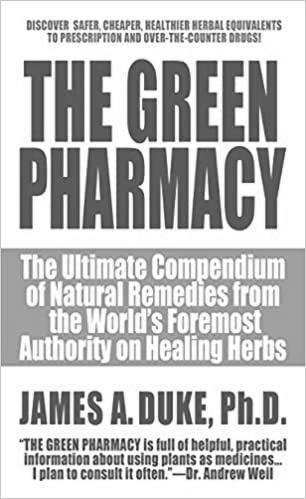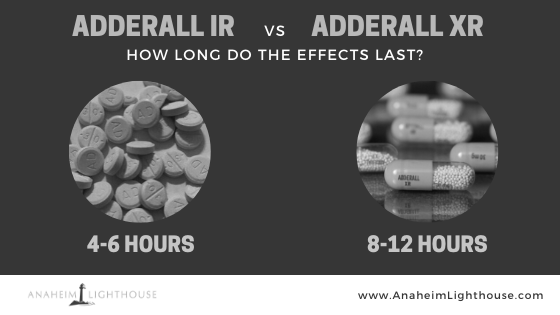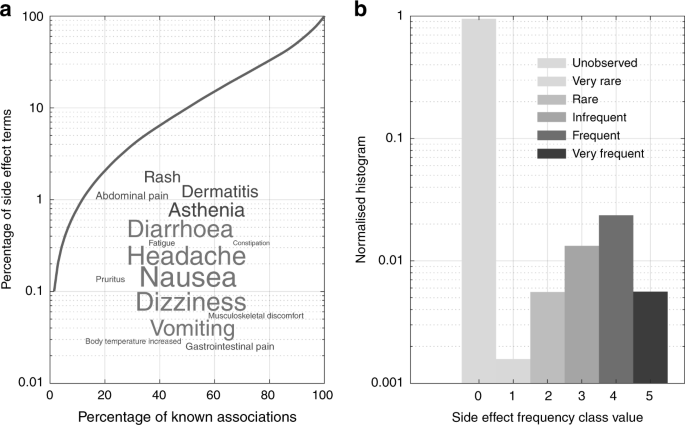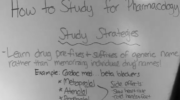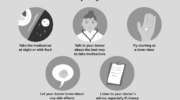Pharmacology is a big part of the medical field. It’s important to know how to handle drugs and their associated toxicities. It also helps to have a basic understanding of dosing, which is crucial for pharmacists. For example, it would be useful to know how to administer six grams BID of vancomycin to a patient. That might sound crazy, but pharmacists will have to know how to use antibiotics properly in order to treat pathogens that can’t be killed by other means.
Interlinking pharmacology topics
Although pharmacology may seem like a dry and boring subject, it’s essential for medical students to know the different drug types, their mechanisms of action, routes of administration, and effects. The best way to master pharmacology is to study class by class, rather than in one big chunk. This will allow you to focus on a single topic and remember important details. You’ll also be able to learn more about the side effects and other secondary information in a systematic manner.
Another effective way to learn is by using infographics. These visually appealing presentations are more easily absorbed and retain than textual explanations. For example, you can use an infographic to explain the characteristics of a drug, its mechanism of action, and any possible adverse effects. This will make difficult concepts more understandable.
Using free recall
Pharmacology is one of the most challenging classes you will take. It requires hundreds of hours of studying to master the principles and concepts. It also requires you to understand other areas of study, including microbiology, oncology, and pathology. Fortunately, there are many ways to study smarter and learn faster.
First, you must learn how to memorize the facts you are studying. This subject involves learning hundreds of drugs and their effects on different diseases and conditions. Therefore, you must be patient and learn them in a systematic manner. Moreover, you should not try to cram. Instead, use a study technique and an effective study tool that will help you lock the facts and concepts into your long term memory.
Another effective way to learn pharmacology is using mnemonics and flashcards. There are many websites that provide free mnemonics that will help you remember the information better. One of the best resources for pharmacology mnemonics is First Aid For USMLE. Other great resources include Picmonic, Sketchy, and Osmosis. However, you need to be selective about your resources. Besides, studying pharmacology requires you to take the time to select them smartly.
Pharmacology is one of the most difficult subjects to study. This subject requires you to memorize a huge amount of information about different types of medications. To help you with this process, you should learn to recognize groups and classifications, as well as similarities, differences, and patterns.
Learning pharmacology mnemonics
Pharmacology mnemonics are an excellent tool for pharmacy students. They help students memorize key facts and formulas, and help them analyze complex pharmacotherapeutic regimens. In their daily work, pharmacists analyze patient medications, and they must be able to make rational decisions based on patient data. This skill is not something you can learn overnight, but mnemonics can help you master this important skill.
Pharmacology is an important branch of biology that involves the various biological systems of the human body. Therefore, it is essential for medical students to know the basics. However, learning pharmacology can be difficult and confusing for some students. This is why using study aids is a great idea. Pharmacology mnemonics such as Picmonics are an effective way to memorize important information in an effective way. These mnemonics cover essential topics, including core principles, medication classes, indications, contraindications, and adverse effects. They can help students gain a better understanding of pharmacology and perform better on exams.
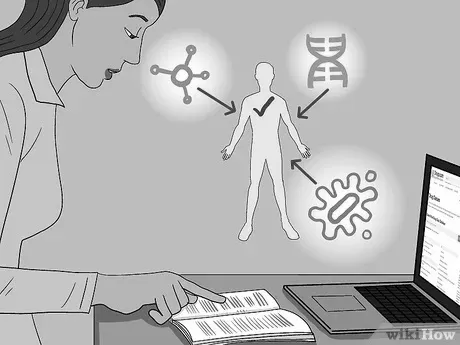
Pharmacology mnemonics can be found online or in books. Pre-made mnemonics are available on websites such as Anki, Brainscape, and Quizlet. For those who want to create their own mnemonics, there are many free resources available. For example, First Aid For USMLE is an excellent resource for pharmacology mnemonics. Other great resources include Picmonic and Sketchy.
One study has demonstrated that using pharmacology mnemonics helps students to better recall key details in pharmacotherapy assessment. Students in the intervention group achieved higher scores than their counterparts on the same test. Further, students who used the mnemonic for patient assessment showed improved decision-making skills. In addition, they made fewer mistakes.
When learning pharmacology, it is helpful to approach it class-by-class. This way, students can easily remember the different drug classes, their mechanisms, and their indications. Drugs such as antibacterials and antivirals are generally classified into different categories. However, there are some lone drugs that are not classified in any appreciable way. As a result, a drug-by-drug approach is not a good method to learn about side effects. This is because non-specific side effects are applicable to almost all drugs, but it is better to focus on specific side effects.
Using an acronym-based mnemonic for studying general pharmacology is one of the most popular and effective ways to memorize important pharmacology facts. This technique helps you memorize big amounts of information in a short time. For example, you might want to remember that statins can cause liver damage, nausea, flatulence, PK increase, and pregnancy void.
Pharmacology is a complex subject to study, and it’s easy to get overwhelmed by the material. You can’t possibly memorize every drug on the market. However, pharmacology mnemonics can help you remember the most important concepts and get you through your final exams more quickly and efficiently.
Learning pharmacology is no easy task. Much like memorizing a dictionary, you need to know the details of different drugs. But since there are many drugs available on the market, it is impossible to memorize all of them. However, there are some effective ways to study for pharmacology. These include using picmonics, infographics, flashcards, and medically focused courses.
Using picmonic
Using Picmonic is an excellent tool to study pharmacology. It provides audio and visual information to make learning easier. You can use it on the web or a mobile app to review the information. The tool is available in a free trial version as well as a paid version.
Using Picmonic is more effective than using flashcards to study for pharmacology. This software helps students retain more information and improve their test scores. It features a unique algorithm that can detect the difficulty level of different topics. It also allows students to practice their answers in real time.
The app also has videos and quizzes. It is easy to access and use. You can also use it to revise for exams. This mnemonic tool has an extensive library of videos and quizzes on pharmacology. The app is available for free as a trial, but for the best results, purchase the full version for unlimited access.
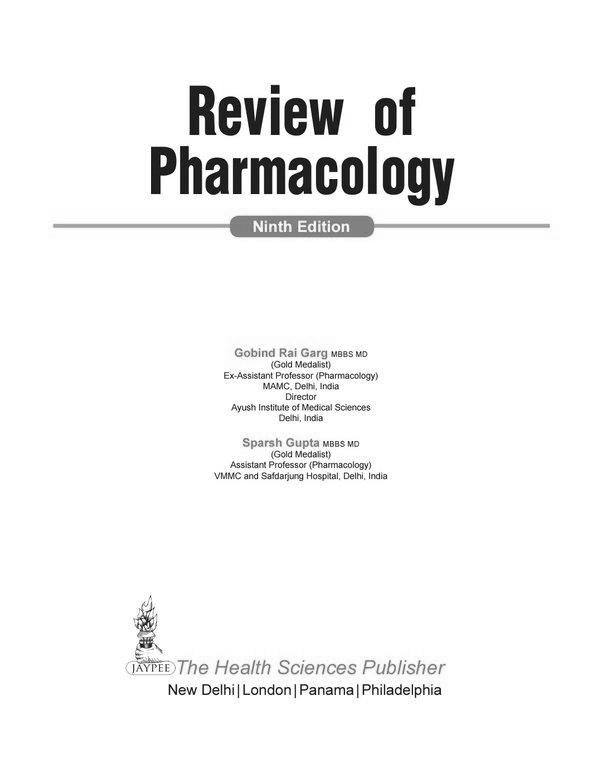
One of the benefits of using Picmonic is the fact that it improves memory retention by 331%. There are thousands of 3-minute mnemonic videos available on the website, as well as quizzes to test your knowledge. It makes studying fun and eliminates the tedious textbook memorization process. It’s like Cliff Notes meets Saturday cartoons! The app also allows you to study as much as you want.
While studying for pharmacology, you should remember that it’s an incredibly tough class. It’s essential to develop patience and ensure you don’t get overwhelmed. This course involves hundreds of different drugs, diseases, and conditions. Don’t try to cram all of your information into a few hours. Instead, use a combination of learning tools and techniques to ensure that you retain all the information.
Using infographics
Infographics are an excellent way to convey a complex message. For example, you can use an infographic to explain a new medicament or to present statistics about a specific treatment. Moreover, infographics can help you learn about the different interactions between different medicines and their side effects.
Infographics help you learn by simplifying information and creating appealing pictures. They also direct the audience to relevant topics. For example, you can add arrows or different colours to your infographic to direct the reader to important information. This way, you can learn better and retain more information.
Infographics can stand alone or supplement other study materials. They can also be used for marketing and advertising. They have been used for one-to-one communication as well, including posters for general practices. Infographics can also be useful for public health messages. The American Heart Association and the CDC have both used infographics as teaching tools.
The infographics that are created can also be strengthened by additional research. For example, you can look up the author’s background to learn more about the story behind the infographic. Another useful method is to look up hidden meaning within the story. In this way, you can make the infographic more memorable and more easily remembered.
Pharmacology is a complex subject, and using infographics can make the study process more fun and interesting. It is also a subject that is difficult to memorize and is not always easy. However, you can use flashcards and guides to help you study for the Step one exam.
Pharmacology is an important subject to study for in medical school. It is important to understand the effects of drugs and how they affect various systems in the body. This is why pharmacology study aids are such a great help in memorizing drugs. These include the drug class, indication, adverse effects, and contraindications. These can help you increase your knowledge and score higher on the exam.
Using flashcards
Using flashcards to study for a pharmacology exam is a good way to cram for the test without spending a lot of time. Pharmacology flashcards are a great way to learn the names of drugs and how they work. Students can review these cards during free time or during dedicated flashcard sessions. Using flashcards will make you feel confident and prepared when the time comes for the actual test.
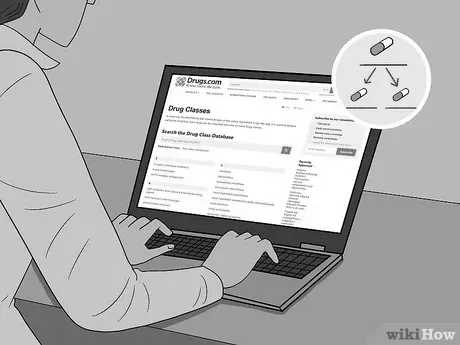
One of the biggest challenges of studying for a pharmacology exam is that you need to remember hundreds of drug names. You can use a tool like Brainscape to help you study efficiently. You can double the speed of your learning and improve your long-term retention.
Pharmacology flashcards are compact and easy to carry. They include the name of a drug, the classification, the uses, adverse effects, and other pertinent information. Pharmacology flashcards are also designed to allow quick reference. Many flashcards will have pictures and mnemonics to make learning easier.
Pharmacology flashcards can help students memorize important pharmacology concepts and facts. They are a great study resource and can help students ace their exams. Many of these products are affordable and designed by students and professionals to make studying easy. By using flashcards to study for pharmacology, students will not have to worry about memorizing long lists of drug facts or formulas.
Pharmacology flashcards are one of the best study methods for nursing students. They allow you to review information quickly and effectively by using multiple forms of repetition, which helps create a lasting memory in the brain. Moreover, they help in engaging in meta-cognition practice, which is a vital skill for nursing students.
Using medically focused courses
If you are interested in becoming a pharmacist, you should start early by taking medically focused courses in high school. Although some high schools do not offer this, it is an excellent option for students who want to pursue a career in medicine. Taking a medically focused course can give you a better understanding of the field and increase your chances of getting into a good pharmacy school.
Pharmacology is a challenging subject to study for. There are so many drugs, different interactions between drugs, and different ways they affect the body. It’s essential to develop a study strategy that will allow you to retain as much information as possible. This will allow you to pass the examination and put your knowledge into practice.
In a recent study, researchers studied medical students’ experiences of using medically focused courses to study for pharmacology. The results revealed that the majority of students were happy with their educational experience. The majority of respondents used spaced-repetition schedules to review the content in their medical courses. They also viewed the resources as comprehensive and recommended that similar courses be created for other medical courses.
Despite the many benefits of using medically focused courses, some students report that they had difficulty learning the material. They often find it difficult to recall what they learned, making it important to review new material prior to the exams. Some students reported that they used different methods of revising for medical pharmacology, such as reading text-based notes and referring to faculty question banks, to help them study for the exams.
The pharmacology curriculum requires good to excellent academic achievement. Generally, you need to have a B grade or above in your A-Levels or an equivalent qualification. Additionally, you need to have a good knowledge of mathematics, science, and English. For international students, you should include evidence of English language proficiency, which can be in the form of an English medium qualification or an English language test score.
Taking courses that are medically focused will help you master the subject more quickly. You will be able to apply the concepts you learn in the classroom to clinical practice. You will be able to work with other students in a small group to gain better understanding of different diseases and their treatment. For students who are interested in clinical practice, these courses may be an excellent option for completing their pharmacology course.

